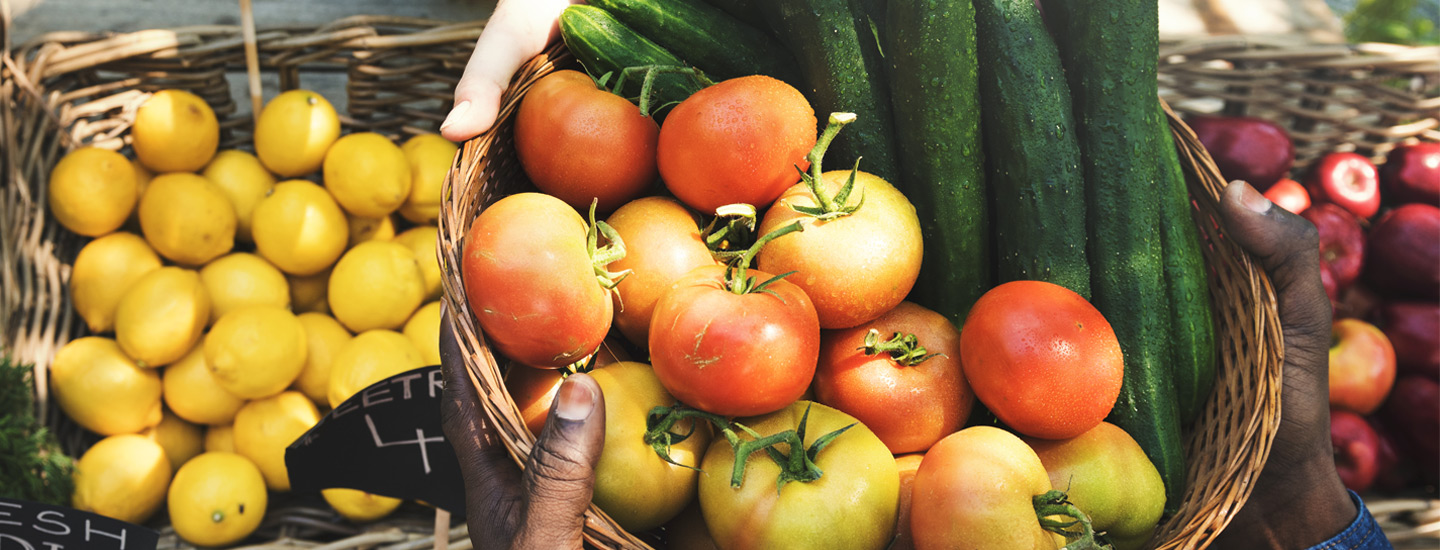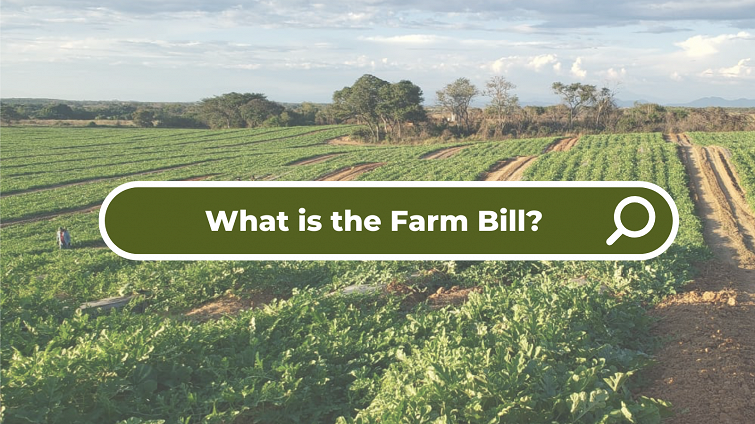The Farm Bill is the largest piece of legislation in our country that funds food and agricultural systems. Developed by the United States Senate and House of Agriculture Committees, this bill affects the entire food system, including local Florida farmers, our Fresh Access Bucks program, and our food banks. Before both chambers of Congress vote on the 2023 Farm Bill, let’s take a closer look at what it includes and how that impacts the Feeding Florida network.
The Farm Bill is a single document that is accepted in a single vote by a legislature, but packages together several measures into one bill that governs nutrition, crop insurance, conservation, rural investment, land access and more. Farm Bill funding supports SNAP, The Emergency Food Assistance Program (TEFAP), the Commodity Supplemental Food Program (CSFP) and food rescue programs. Our Network’s Fresh Access Bucks program is a statewide nutrition incentive program that increases the purchasing power of SNAP recipients to buy fresh fruits and vegetables farmers markets, produce stands, CSAs, mobile markets, and community grocery outlets. Thus, the outcome of the 2023 Farm Bill is crucial to our food banks who administer TEFAP and CSFP, and FAB who work to help SNAP recipients.
Renewed every 5-7 years, this upcoming Farm Bill could impact Florida until 2028. Comprised of Titles, each section of this bill outlines the allotted funds for a wide range of agriculture-related systems. For example, the last Farm Bill had 12 Titles outlining funding for conservation, rural development, horticulture, commodities, crop insurance and nutrition. All of these systems directly affect the Feeding Florida Network and our local farmers.
The clients we help every day are the greatest benefactors from this federal funding. When times are tough, social security doesn’t pay the bills or medical issues require you to access more healthy food options – these programs make solutions possible. With support at the federal level, Feeding Florida’s food banks can continue to provide programs like TEFAP, allowing us to distribute food to the over 2.2 million hungry individuals across the state. This bill also determines how food is grown, what types are grown, and who has access to it, directly affecting farmers and their ability to govern their own crops.
With a $428 billion six-year budget, there is a lot at stake for our Florida farmers and our entire network. Feeding Florida supports the reauthorization of the 2023 Farm Bill and encourages our lawmakers to protect and strengthen funding and access to SNAP, TEFAP and other nutrition programs that support Florida families.


